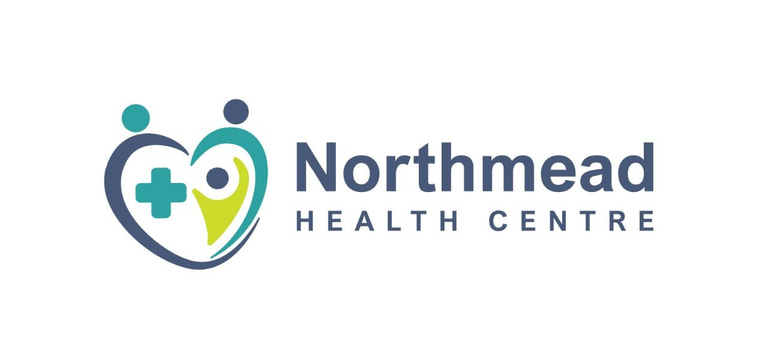The Second Trimester
The Second Trimester: A Crucial Phase for You and Baby (Don't Skip Those Doctor Visits!)
5/25/20253 min read


Congratulations, mama-to-be! You've made it through the often-challenging first trimester, and now you're entering what many consider the "golden" phase of pregnancy: the second trimester. Generally spanning from week 13 to week 27, this period often brings a welcome surge of energy, a decrease in morning sickness, and that exciting moment when you start to feel your baby move!
While you might be feeling fantastic, and perhaps even a little more relaxed, it's absolutely crucial not to get complacent about your prenatal care during these middle months. Regular doctor's appointments are just as vital now as they were in the beginning, if not more so.
What's Happening in the Second Trimester?
This is a time of incredible growth and development for your baby. Their organs continue to mature, their bones are strengthening, and they're becoming more active. You might also notice your bump becoming more prominent, and people will likely start to notice your pregnancy!
For you, alongside the potential energy boost, you might experience:
"Quickening": Those first fluttering movements of your baby!
Growing belly: As your uterus expands.
Improved appetite: Often a welcome change from the first trimester.
Possible new symptoms: Such as leg cramps, heartburn, or Braxton Hicks contractions (practice contractions).
Why Regular Doctor's Visits Are Non-Negotiable in the Second Trimester
Even if you're feeling on top of the world, your doctor's appointments are essential for several key reasons:
Monitoring Your and Baby's Health: Your doctor will routinely check your blood pressure, weight, and urine for any signs of complications like gestational hypertension or preeclampsia. They'll also monitor your baby's growth and heart rate to ensure everything is progressing as it should be.
Crucial Screening Tests: The second trimester is when several important screening tests are often performed. These can include:
Anomaly Scan (Mid-Pregnancy Scan): Typically done between weeks 18 and 22, this detailed ultrasound examines your baby's anatomy to check for any structural abnormalities. It's a truly amazing opportunity to see your baby in detail!
Gestational Diabetes Screening: Usually conducted between weeks 24 and 28, this test checks for gestational diabetes, a type of diabetes that develops during pregnancy. Early detection and management are vital for both your health and your baby's.
Addressing Any Concerns or Symptoms: Even if you're feeling well, new aches, pains, or unusual symptoms can arise. Your doctor is your primary resource for understanding what's normal and what might require attention. Don't hesitate to discuss anything that's worrying you, no matter how small it seems.
Preparing for What's Ahead: As you move through the second trimester, your doctor will start to discuss preparations for the third trimester and ultimately, labour and delivery. This is a great time to ask questions about birth plans, pain management options, and what to expect as your due date approaches.
Emotional and Mental Well-being: Pregnancy is a huge life change, and it's normal to experience a range of emotions. Your doctor can offer support, resources, or referrals if you're struggling with anxiety, depression, or other mental health concerns during your pregnancy.
Don't Self-Diagnose – Trust Your Healthcare Provider!
While it's tempting to consult Dr. Google for every twinge, resist the urge to self-diagnose. There's a lot of information out there, and not all of it is accurate or applicable to your specific situation. Your doctor has the expertise and your medical history to provide personalized and reliable advice.
In summary, the second trimester is a wonderful time, but it's not a time to take a break from your prenatal care. Those regular check-ups are your best assurance for a healthy pregnancy and a healthy baby. So, keep those appointments, ask all your questions, and enjoy this incredible journey!

